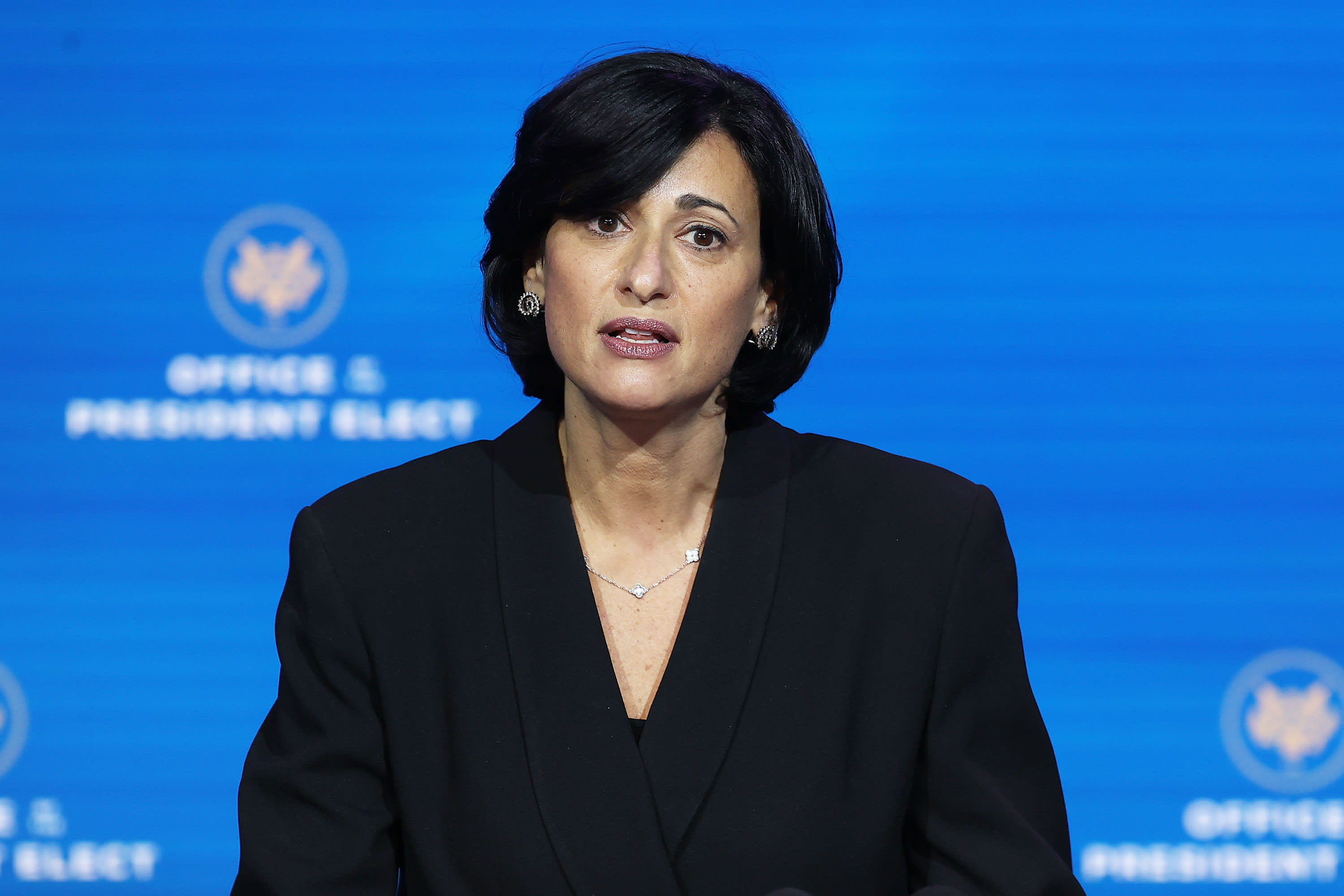A vaccine rollout plan in Maine that blended age prioritization with priority for frontline workers is now replaced with an outline that is completely age-based.
Beginning on Wednesday, Maine residents who are 60 and up will be eligible for COVID-19 vaccines, making roughly 200,000 more people eligible to get the shots.
According to officials, that will be followed in April by people ages 50 and up, in May by those 40 and up, in June by those 30 and up and in July by people younger than 30.
During a Friday media briefing announcing the changes, Maine Gov. Janet Mills and Maine CDC Director Dr. Nirav Shah said national and state data showed the age-based approach could keep more people healthy more quickly than adhering to their original plan.
Get Boston local news, weather forecasts, lifestyle and entertainment stories to your inbox. Sign up for NBC Boston’s newsletters.
"In our state, 98% of deaths from COVID-19 have been among people age 50 and older," said Shah.
On top of that, officials added that the Maine's death rates for people with COVID-19 are five times higher for people in their 50s, 23 times higher for people in their 60s and 214 times higher for people 70 or older when compared against people younger than 50.
The governor and Maine public health officials also explained that they believe a more streamlined age-based system will make vaccination a more "efficient" process.
"It hastens shots in arms," said Mills, going on to say the system "replaces the prospect of complicated eligibility rules."
In many ways, Maine's new strategy will look very much like Connecticut's vaccine rollout plan.
However, unlike Connecticut, Maine will not prioritize K-12 teachers on its vaccination lists, though age-based clinics will be offered specifically for educators.
"I can't say our members are happy about this new plan," said Grave Leavitt, president of the Maine Education Association, the largest union of teachers and other educators in Maine, with more than 23,000 members.
Under the previous plan in use until Friday, teachers would have been included in what was known as "Phase 1B" of Maine's rollout that was scheduled to go through April.
Now, any teacher aged 40 or younger will not be vaccinated until May at the earliest, unless supply allows vaccinations sooner, something Leavitt said caught her by surprise on Friday after days spent trying to set up a direct meeting with Mills.
"They feel very disrespected," said Leavitt, adding that the governor did not notify her of the changes affecting teachers ahead of Friday's announcement.
During a Monday interview, she said she would continue to push the Mills administration to revise its thinking to prioritize educators and that she had a meeting with administration staff that afternoon.
"We understand the science, we do understand that, but we have concerns about the prioritization of educators in general," said Leavitt.



